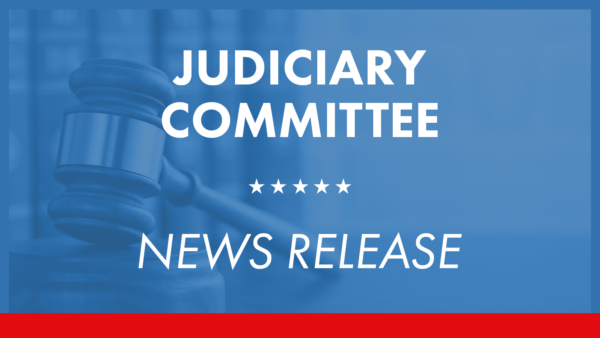
HARRISBURG – Today, the Senate Judiciary Committee advanced two bills aimed at prioritizing community safety, according to committee chair Sen. Lisa Baker (R-20).
Senate Bill 1111 sponsored by Baker, would make technical changes to Megan’s Law to ensure that individuals who are convicted of certain human trafficking offenses are subject to the same reporting and evaluation requirements as any other sexual offender.
“The General Assembly made significant strides in efforts to combat human trafficking by the passage of Act 144 of 2022, which added certain human trafficking offenses to Megan’s Law,” Baker said. “However, the changes in Senate Bill 1111 are necessary to ensure that individuals convicted of these offenses, as well as attempt, conspiracy or solicitation to commit those offenses, are subject to the same requirements as other sexual offenders.”
Senate Bill 1120 aims to establish clear guidelines for courts when deciding what bail to set following an arrest. If a court believes that someone is a danger to public safety, they can’t let that person go without any bail or with an unsecured monetary condition. The bill also states that if a person fits the criteria of posing a threat to public safety, the arresting officer must bring them before the court for the purpose of setting bail. This includes individuals that were arrested for repeated violent crimes or major fentanyl traffickers.
“This bill is crucial in preventing the release of individuals arrested for fentanyl trafficking or repeat violent crimes back into our communities,” Baker said. “By establishing clear guidelines for setting bail, individuals who pose a threat to public safety cannot be released without appropriate conditions. This measure helps to keep these criminals off the streets, safeguarding our communities from the potential harm they may cause.”
Both bills are part of the Senate Republican effort to improve community safety across Pennsylvania. They now head to the full Senate for consideration.
CONTACT:
Cara Laudenslager



